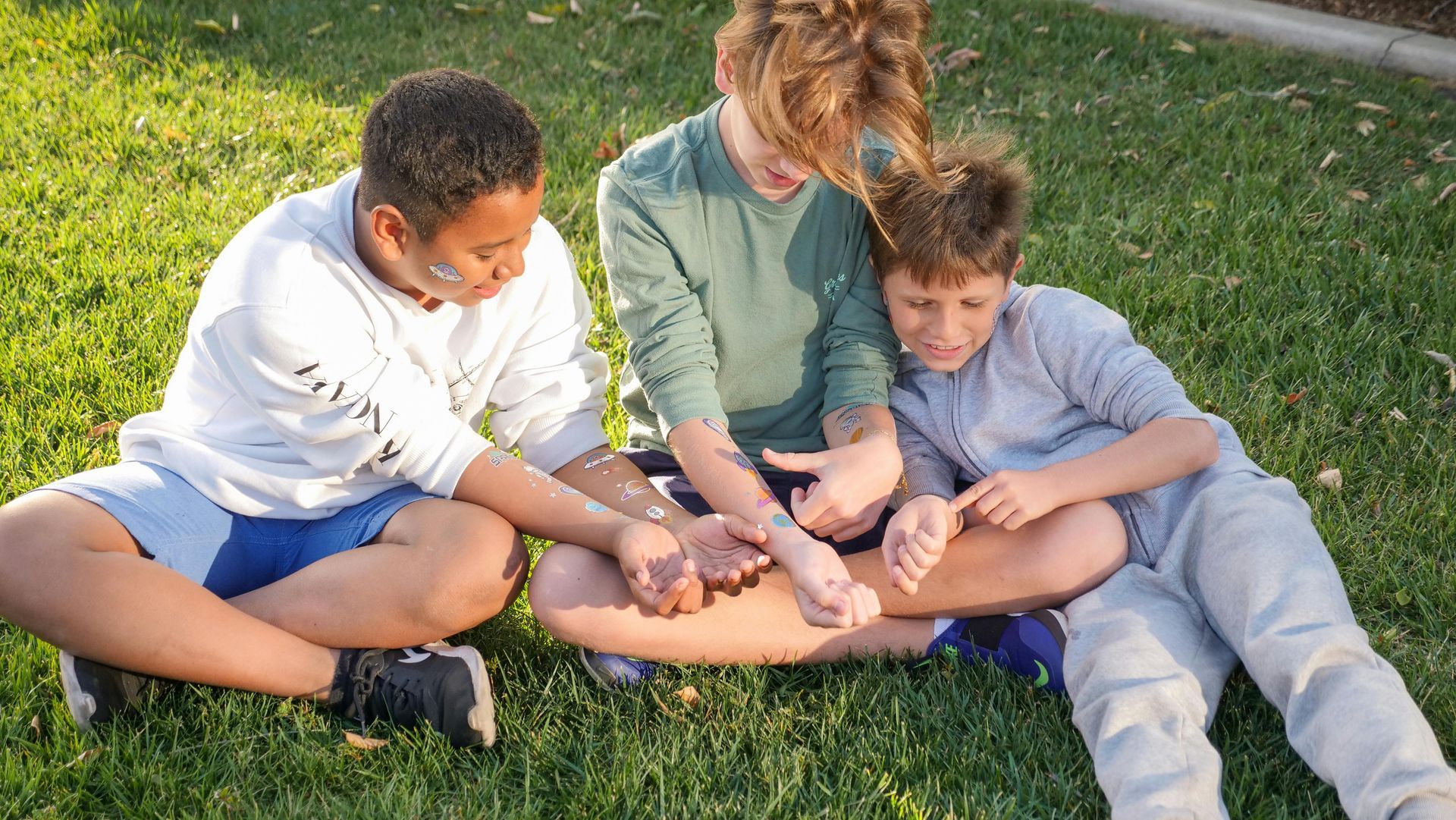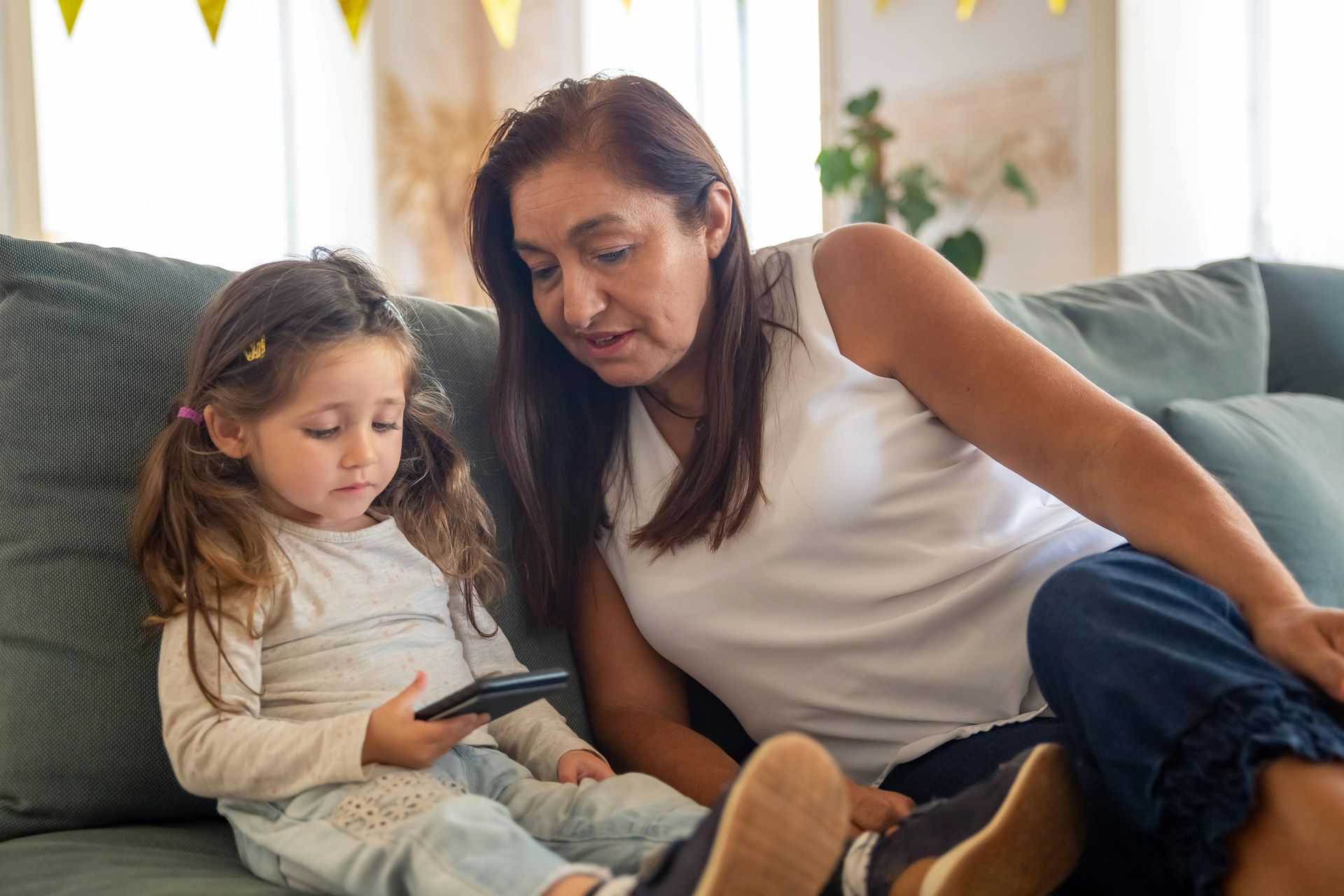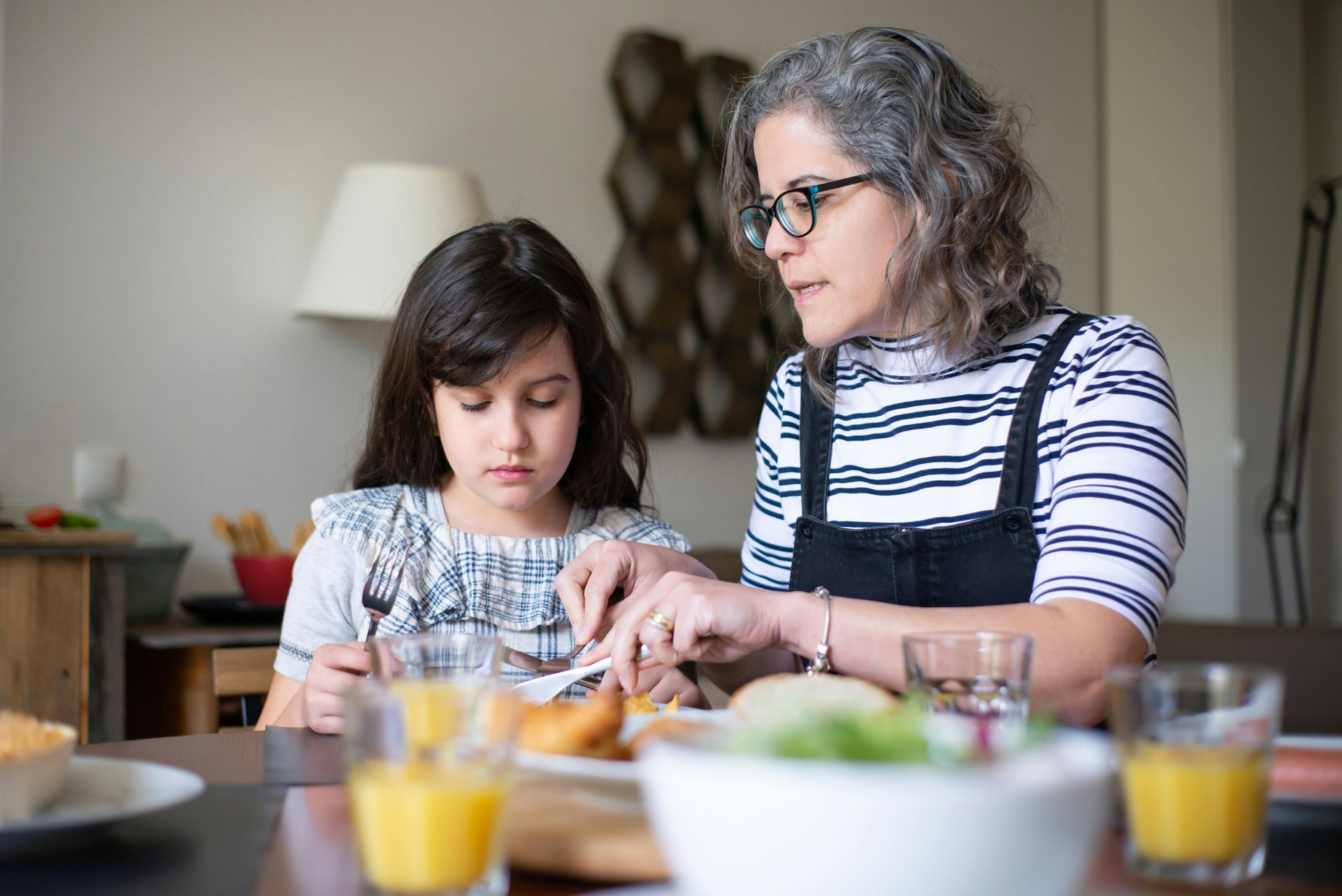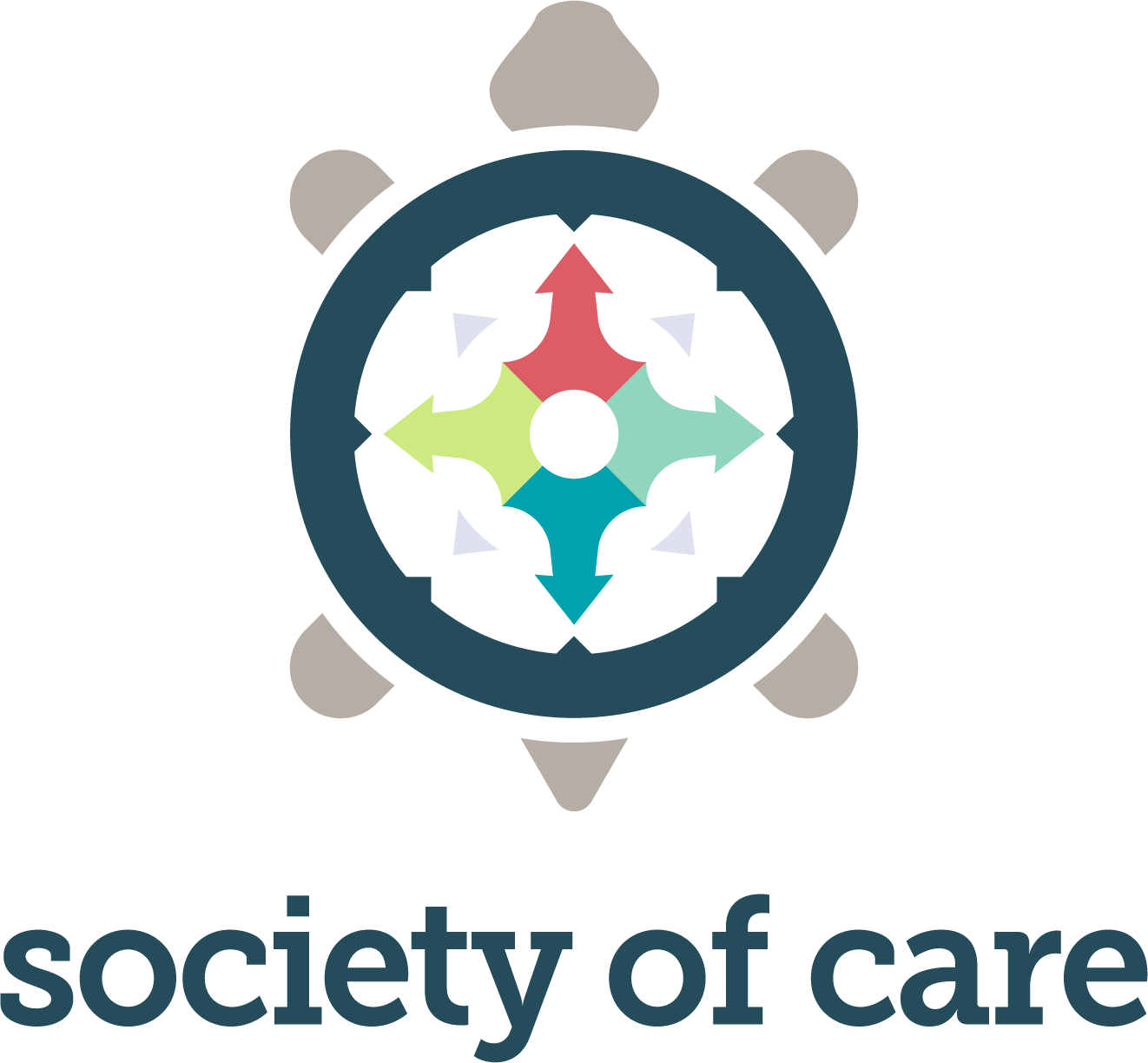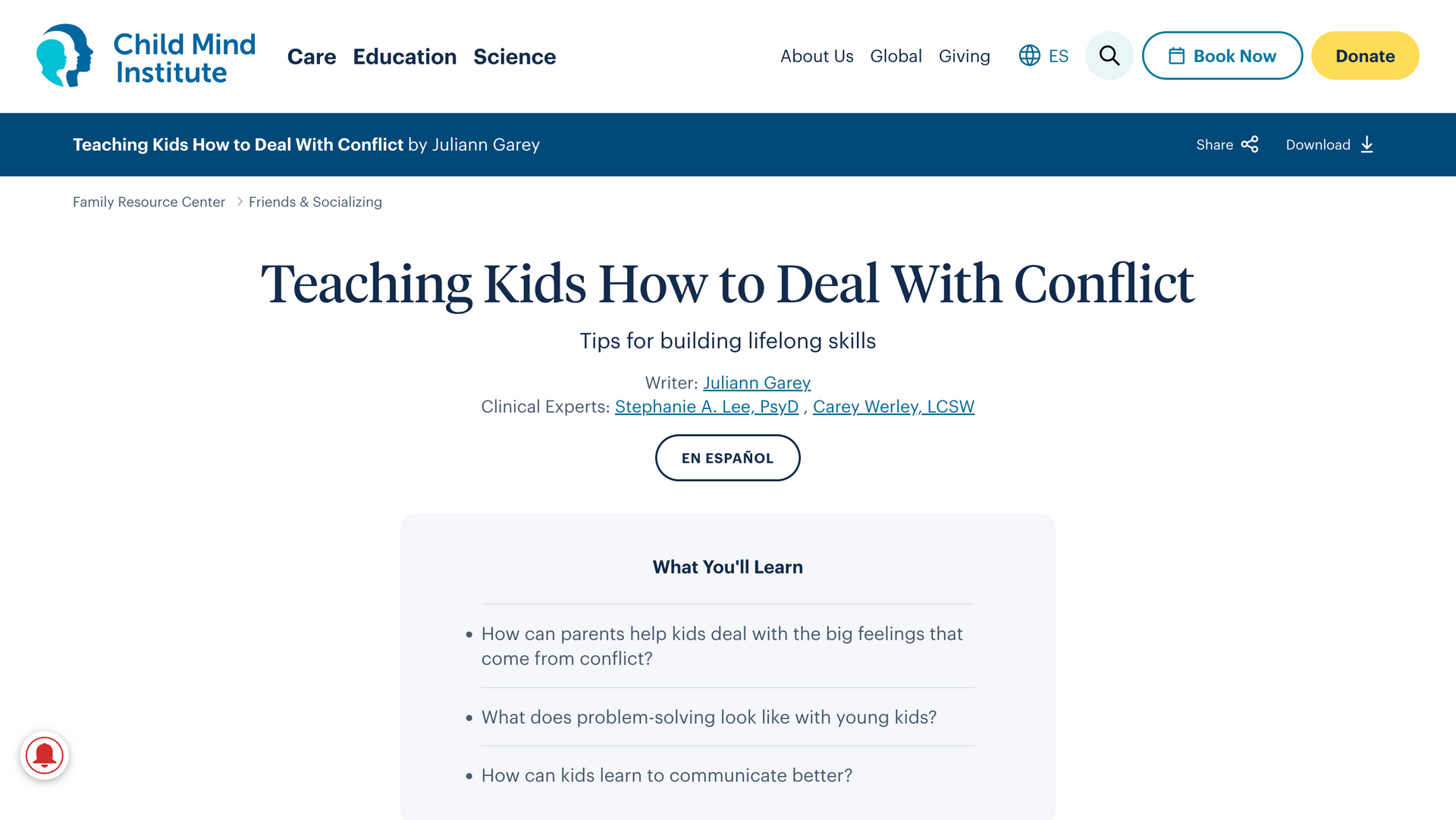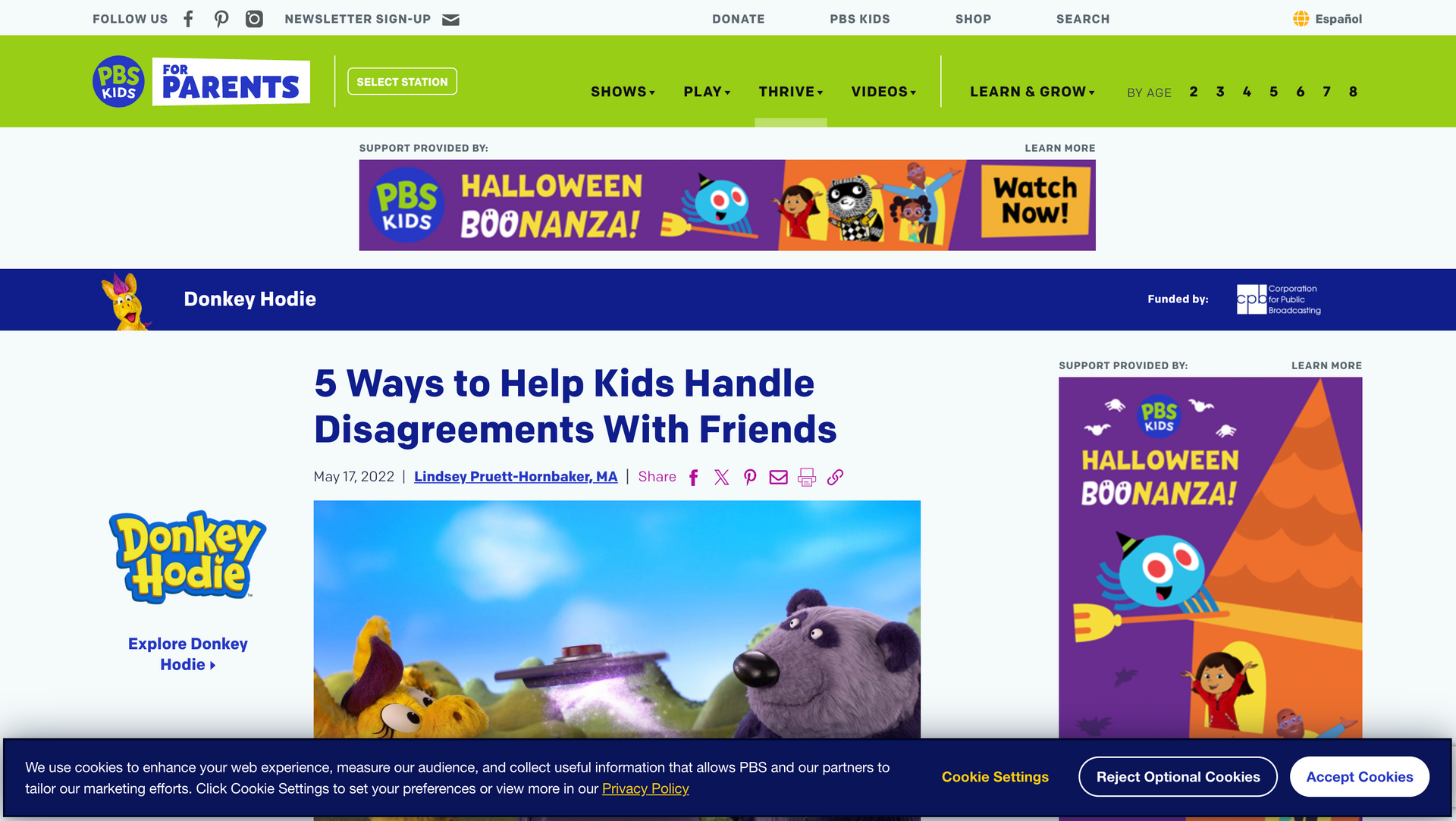Helping Kids Build Healthy Friendships at School
Friendships play a big role in a child’s sense of belonging and happiness. Through their friends, children learn about communication, empathy, and problem-solving, all skills that support healthy development well into adulthood.
Still, navigating friendships isn’t always easy. Whether it’s learning to share, dealing with exclusion, or resolving conflicts, children often need gentle guidance from caregivers to build and maintain healthy relationships.
By taking an active role in helping children understand what makes a good friend and how to treat others with respect, caregivers can help lay the foundation for strong, positive connections that last.
1. Talk About What Makes a Good Friend
Start with conversations about the qualities of a healthy friendship. Ask children what they value in a friend and what kind of friend they want to be. Discuss traits like kindness, honesty, fairness, and respect. This helps kids recognize the difference between friendships that make them feel supported and those that might leave them feeling hurt or excluded.
You can model this by sharing examples from your own life, perhaps a time when a friend helped you or when you worked through a misunderstanding. Real examples make these lessons relatable.
2. Encourage Inclusion and Empathy
Children sometimes need help seeing the world through another person’s eyes. Encourage them to notice when someone is being left out and invite that person to join in. You might say, “I noticed you had fun with your friends today, was there anyone who looked like they wanted to play too?” This builds empathy while reinforcing kindness as a core value.
Books and stories can also be powerful teaching tools. Reading together about characters who show compassion, share, or stand up for others helps reinforce these lessons in a way children can understand.
3. Teach Conflict Resolution Skills
Disagreements are a normal part of friendship. What matters most is how children handle them. Teach simple problem-solving steps such as:
- Stop and take a breath before reacting.
- Use “I” statements (like “I feel left out when…” instead of “You never let me play”).
- Listen to the other person’s side.
- Work together to find a fair solution.
Practicing these steps during calm moments helps children use them more naturally when conflicts arise.
4. Encourage a Variety of Friendships
It’s healthy for children to have several friends rather than relying on just one relationship. Encourage them to play and interact with different peers. This helps build flexibility, confidence, and social awareness. If they tend to stay within one group, gently suggest activities that bring them together with new classmates, like joining a club, sport, or group project.
Remind them that not every friendship will last forever, and that’s okay. Part of growing up is learning that friendships can change, and that’s a normal part of life.
5. Model Healthy Relationships
Children learn by watching the adults around them. Show them what kindness, respect, and forgiveness look like in your own relationships. Whether it’s thanking a neighbor, checking in on a friend, or handling a disagreement calmly, your actions demonstrate what healthy connection looks like in real life.
6. Support Them Through Friendship Challenges
Sometimes children face exclusion, teasing, or even bullying. When this happens, listen first before offering advice. Validate their feelings and help them think through what to do next. Avoid rushing in to fix things right away. Guiding them to problem-solve builds independence and confidence.
If challenges persist, communicate with teachers or school counselors. Schools can offer extra support and help children navigate social difficulties in a safe environment.
Building the Foundation for Lifelong Skills
Learning to build and maintain healthy friendships is one of the most important social skills a child can develop. When caregivers model empathy, encourage inclusivity, and teach problem-solving, they give children the tools to create meaningful relationships that support their growth and happiness.
Friendships teach kids how to listen, compromise, and care for others. Lessons that will serve them in every stage of life.
Looking for more simple, supportive tools for the loved ones in your care? Enjoy these additional resources and explore our blog for ideas that help you nurture connection, one moment at a time. Or, Join our mailing list where we share more resources that accompany our blog posts.
Join Our Mailing List
